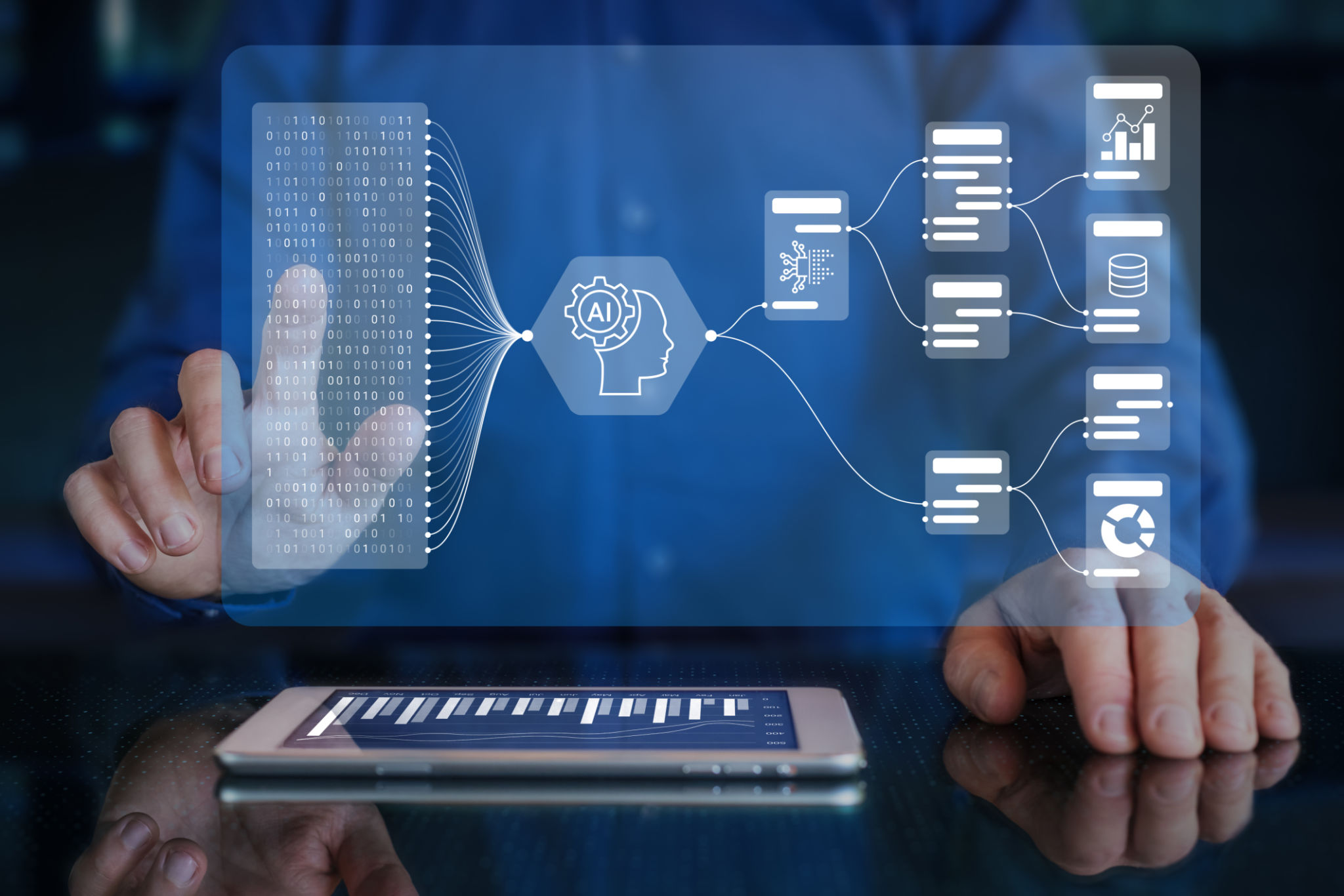Leveraging AI for Human Resource Management: Best Practices
Introduction to AI in Human Resource Management
Artificial Intelligence (AI) is transforming industries across the globe, and Human Resource Management (HRM) is no exception. By leveraging AI, HR departments can streamline processes, enhance decision-making, and improve employee experience. However, implementing AI in HRM requires careful planning and best practices to ensure success.
Enhancing Recruitment Processes
AI has revolutionized recruitment by automating the initial stages of candidate screening. With AI-powered tools, HR professionals can efficiently sift through resumes, identify top candidates, and reduce biases in hiring. This not only saves time but also helps in finding the right talent for the organization. Utilizing AI-driven analytics can further enhance the recruitment process by predicting candidate success and job fit.

Improving Employee Engagement
Employee engagement is crucial for organizational success, and AI can play a pivotal role in enhancing it. By using AI to analyze employee feedback, HR teams can gain insights into areas that require improvement and develop strategies to boost morale. AI chatbots can also provide employees with instant responses to their queries, enhancing their experience and satisfaction within the company.
Moreover, AI can personalize learning and development programs by assessing individual employee needs and suggesting tailored training plans. This ensures that employees are continuously developing skills relevant to their roles and career aspirations.
Streamlining Administrative Tasks
One of the significant advantages of AI in HRM is its ability to automate repetitive administrative tasks. From managing payrolls to scheduling meetings, AI can handle mundane activities, allowing HR professionals to focus on more strategic initiatives. This automation not only increases efficiency but also reduces errors associated with manual processing.

Ensuring Fairness and Reducing Bias
AI systems can help ensure fairness in HR practices by minimizing human biases in decision-making processes. By standardizing evaluations and performance reviews, AI tools provide a more objective assessment of employee performance. However, it's vital to continuously monitor these systems for any potential biases encoded in their algorithms to maintain fairness and equality.
Data-Driven Decision Making
Data analytics powered by AI offers HR departments valuable insights into workforce dynamics. By analyzing trends and patterns, HR professionals can make informed decisions about promotions, terminations, and workforce planning. These insights also aid in predicting future HR needs, allowing organizations to stay ahead in a competitive environment.

Implementing AI Successfully
For successful AI implementation in HRM, organizations should follow certain best practices:
- Start small: Implement AI tools in specific areas before scaling up.
- Ensure data privacy: Protect employee data by adhering to privacy regulations.
- Train HR staff: Provide training to HR professionals on using AI tools effectively.
- Monitor and evaluate: Continuously assess the impact of AI on HR processes to make necessary adjustments.
Conclusion
AI offers numerous benefits for Human Resource Management, from improving recruitment processes to enhancing employee engagement. By adopting best practices and maintaining a strategic approach, organizations can leverage AI to transform their HR functions and drive organizational success. As technology continues to evolve, staying updated with the latest AI advancements will be crucial for future-proofing HR operations.
